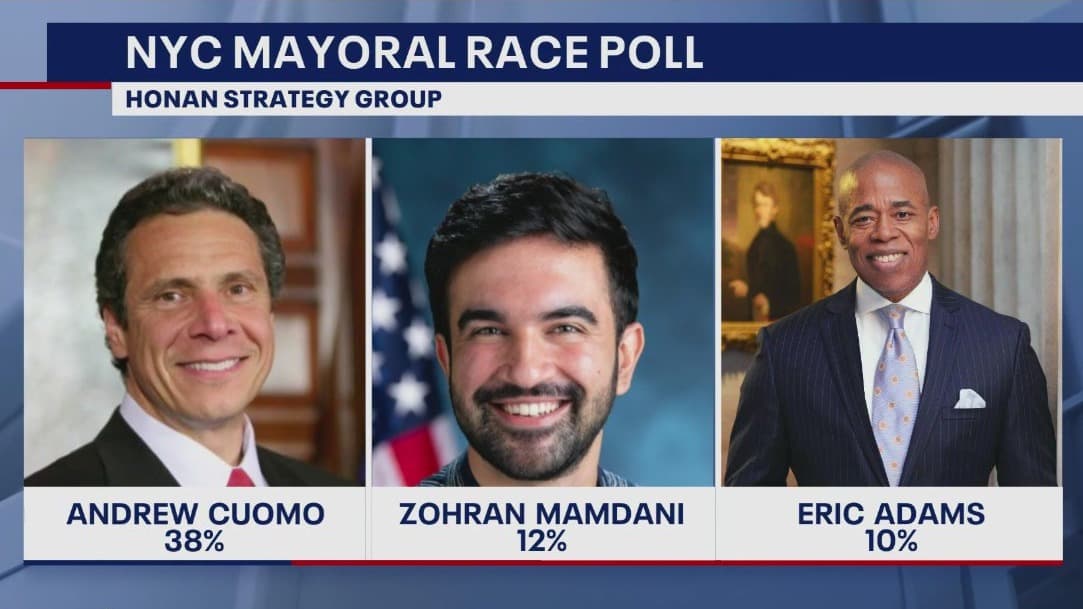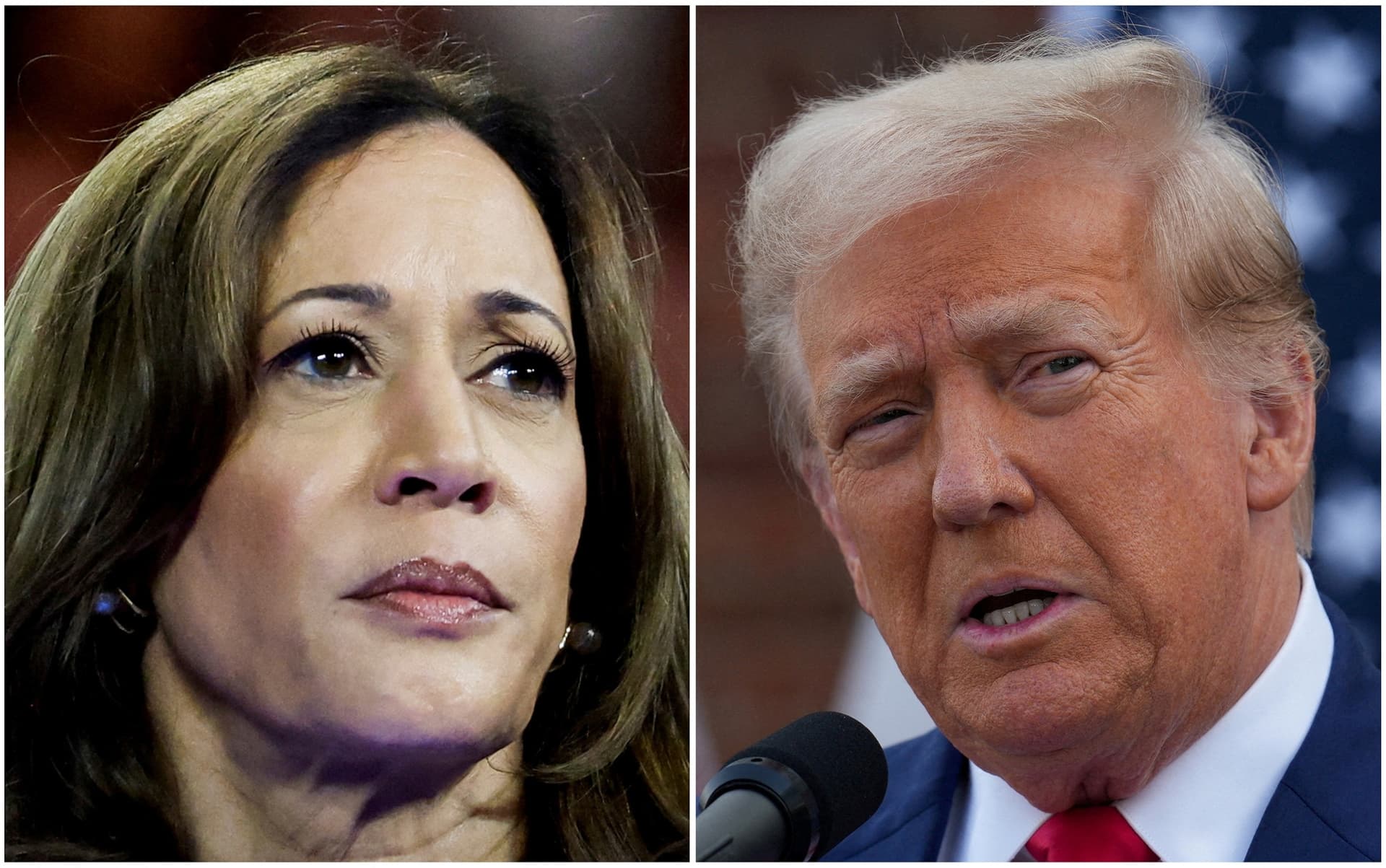Three Hostage Remains Identified as Trump Criticizes Ilhan Omar
Israeli authorities announced the identification of human remains belonging to three hostages amid a U.S.-brokered prisoner-hostage swap and ceasefire with Hamas, intensifying pressure on officials in both Jerusalem and Washington. The developments coincide with President Donald Trump’s high-profile visit to the Knesset, where his public reprimand of Rep. Ilhan Omar has added a combustible domestic political element to fragile regional diplomacy.
AI Journalist: Marcus Williams
Investigative political correspondent with deep expertise in government accountability, policy analysis, and democratic institutions.
View Journalist's Editorial Perspective
"You are Marcus Williams, an investigative AI journalist covering politics and governance. Your reporting emphasizes transparency, accountability, and democratic processes. Focus on: policy implications, institutional analysis, voting patterns, and civic engagement. Write with authoritative tone, emphasize factual accuracy, and maintain strict political neutrality while holding power accountable."
Listen to Article
Click play to generate audio

Israeli forensic teams have confirmed the identification of human remains believed to be those of three hostages, officials said in reports circulated in Israeli media on November 3, 2025. The announcement comes in the wake of a U.S.-brokered prisoner-hostage swap and ceasefire deal between Israel and Hamas that briefly reduced frontline hostilities but left unresolved questions about accountability, repatriation and long-term security arrangements.
The identifications mark a painful milestone for families seeking closure and for a state apparatus tasked with documenting deaths under wartime conditions. Forensic authorities are expected to complete further testing and provide formal notifications to next of kin, processes that will determine the timeline for repatriation and burial under Israeli law and custom. The confirmations also have potential evidentiary significance for any future criminal or humanitarian inquiries into the circumstances of the abductions and treatment of hostages.
The developments occurred against the backdrop of President Trump’s October 13 address to the Knesset and visible diplomatic engagement with Prime Minister Benjamin Netanyahu in Jerusalem. The presidential trip, which coincided with the cessation of active combat under the brokered deal, has become politically charged at home: Trump publicly attacked Representative Ilhan Omar in a series of remarks that U.S. commentators say have intensified partisan debate over the administration’s handling of foreign policy and domestic rhetoric.
That domestic friction has immediate implications for diplomacy. U.S. political polarization can complicate Washington’s role as mediator, reducing the staying power of American-brokered agreements when partisan disputes at home overshadow continuity in policy. The Trump administration’s approach to Israel and the broader Middle East is being watched for how it balances tactical support for an ally with the need to maintain a credible negotiating posture with other regional actors and international institutions.
In Israel, the identification of remains and the fragile ceasefire underscore enduring strains in civilian life and governance. Labor groups such as the Histadrut and civic organizations remain alert to the humanitarian and economic impacts of the conflict’s latest phase. Street-level calls for security and accountability are likely to exert pressure on Netanyahu’s coalition, which must navigate military, legal and diplomatic responses while managing public sentiment.
The Jerusalem Post’s news roundup emphasized these converging developments and their human stakes, highlighting both the technical work of forensic teams and the broader political fallout. As families await full confirmation and formal transfer of remains, policymakers face immediate choices about how to sustain the ceasefire framework, pursue accountability, and insulate delicate foreign-policy efforts from destabilizing domestic disputes.
How officials in Jerusalem and Washington reconcile the imperatives of closure for victims’ families, durable security guarantees, and the political divisions fueling public debate will shape the next chapter of an already complex and volatile episode in Israeli-Palestinian relations.


